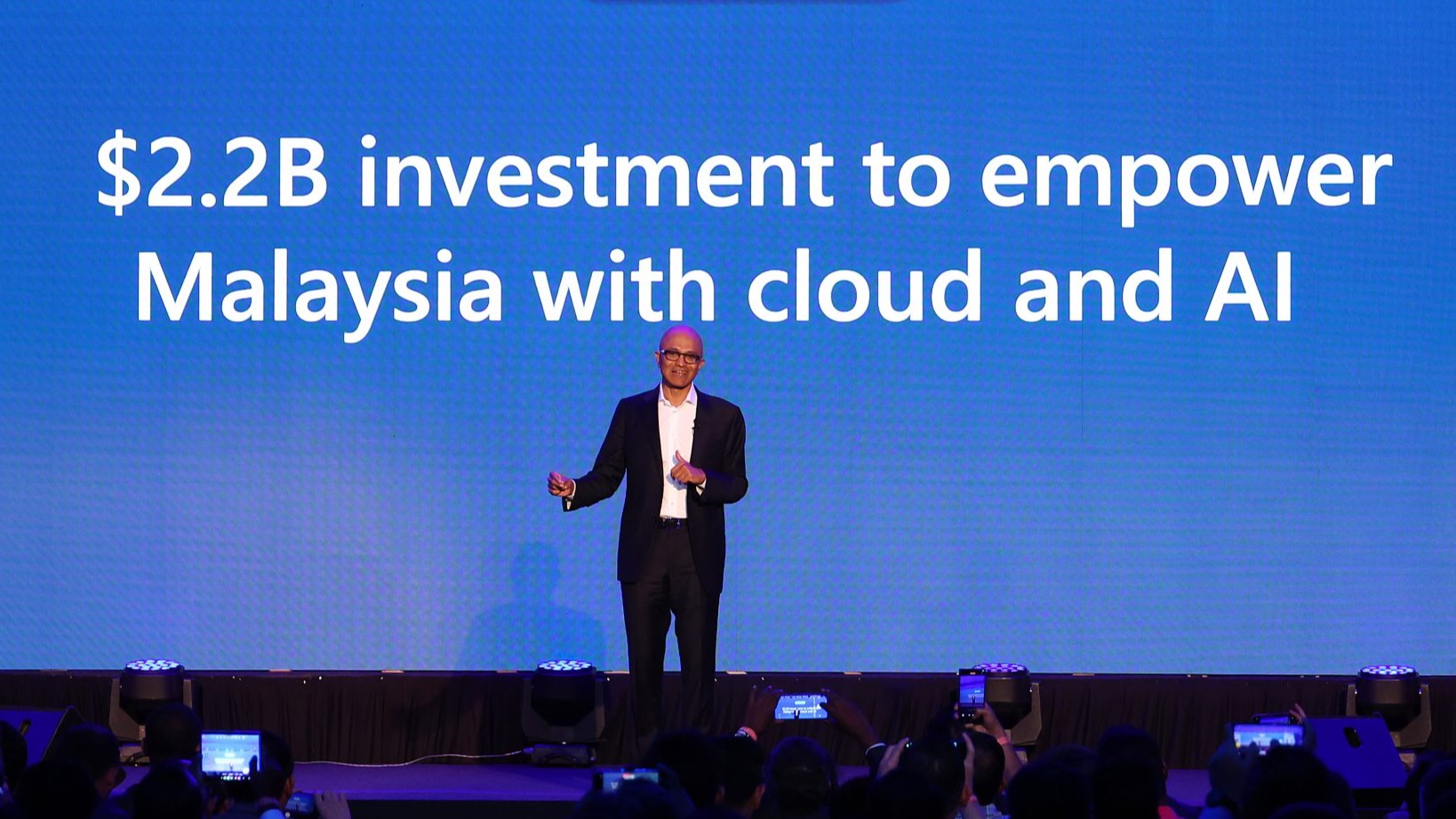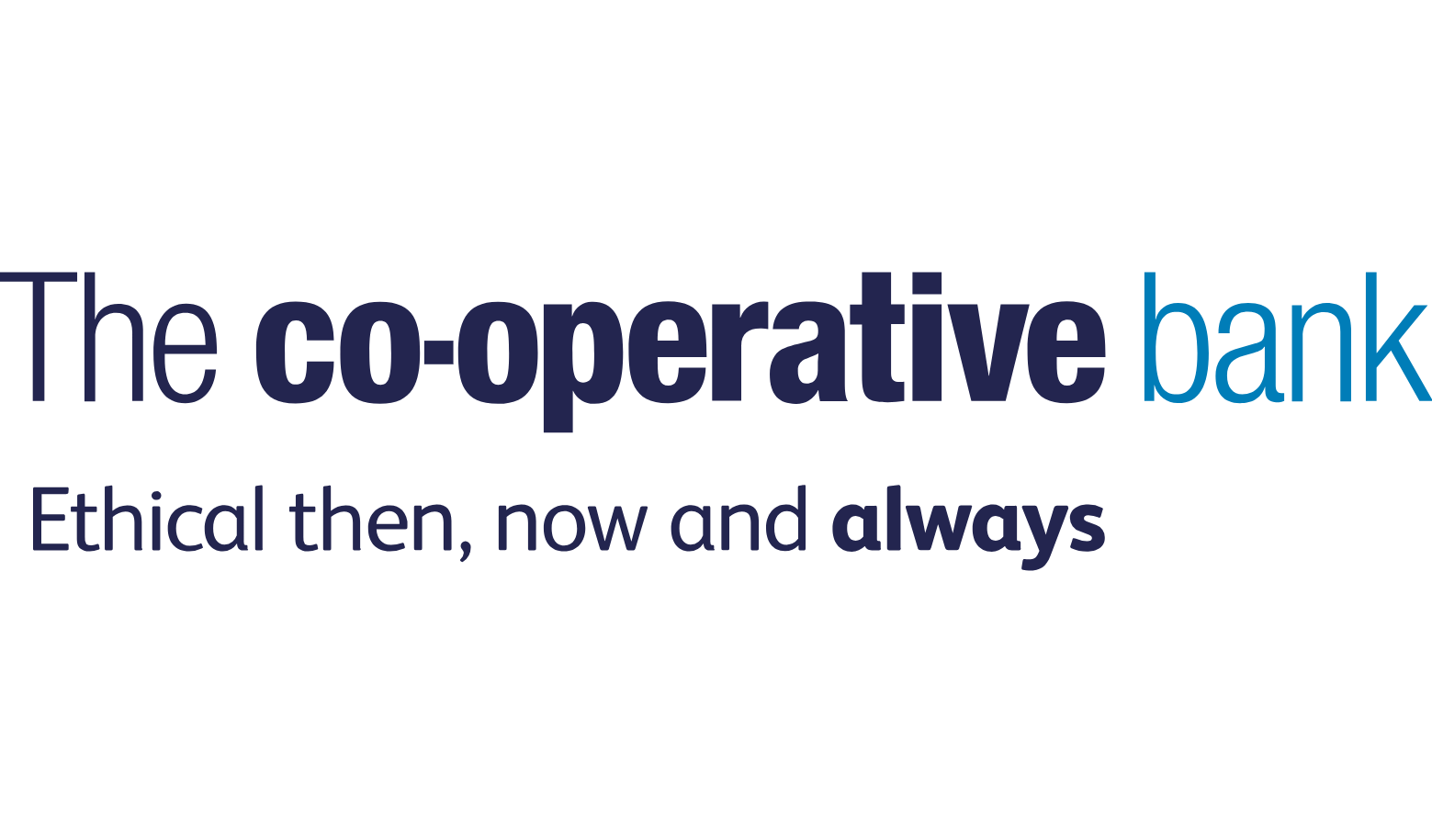The number of UK technology companies hit a five-year high at the beginning of this year, despite ongoing economic uncertainty.
According to Companies House data analysed by accountancy firm RSM, there were 13,802 tech incorporations in the first quarter of 2024, an increase of 11 per cent compared with the same period of last year.
There were around 51,017 startups launched in 2023, which was a “record breaking” year.
London accounted for the highest number of tech firms at 7,253 in the first quarter of this year, up 16 per cent from 6,278 in the first quarter of 2023.
Wales saw the biggest drop in the number of start-ups, falling 28 per cent from 323 to 232.
Ben Bilsland, partner and head of technology industry at RSM UK, said that tech entrepreneurs need to engage with other businesses to collaborate, innovate and grow together.
“High rates of borrowing and uncertainty around inflation can have a detrimental impact on the risk appetite and patience of investors,” he added. “As interest rates stabilise, inflation slows, and business confidence improves, this bodes well for further growth in the sector.
“The development of innovative technologies requires a significant amount of investment and time, so an increase in both of these factors to enable the creation of new products will be hugely welcomed by UK tech companies looking to grow.”
Latest News
-
Indra wins TfL contract to run London ticketing systems
-
Japan ‘launches government probe’ into Grok
-
Social media sites stop access to 4.7m under-16 accounts in Australia
-
Government announces £52m funding to support British robotics and defence tech firms
-
Swift to launch blockchain-based shared ledger after successful digital asset pilot
-
AWS launches European sovereign cloud service
The future-ready CFO: Driving strategic growth and innovation
This National Technology News webinar sponsored by Sage will explore how CFOs can leverage their unique blend of financial acumen, technological savvy, and strategic mindset to foster cross-functional collaboration and shape overall company direction. Attendees will gain insights into breaking down operational silos, aligning goals across departments like IT, operations, HR, and marketing, and utilising technology to enable real-time data sharing and visibility.
The corporate roadmap to payment excellence: Keeping pace with emerging trends to maximise growth opportunities
In today's rapidly evolving finance and accounting landscape, one of the biggest challenges organisations face is attracting and retaining top talent. As automation and AI revolutionise the profession, finance teams require new skillsets centred on analysis, collaboration, and strategic thinking to drive sustainable competitive advantage.
© 2019 Perspective Publishing Privacy & Cookies








Recent Stories